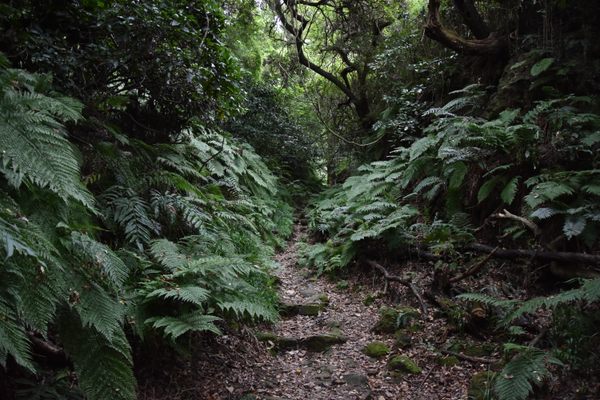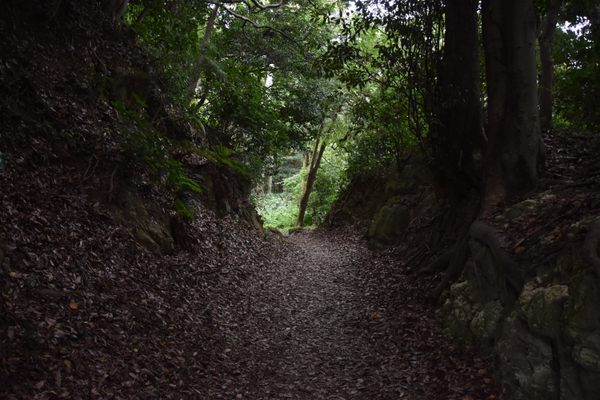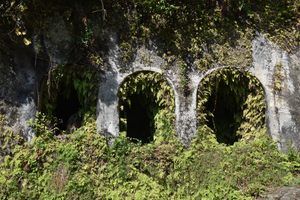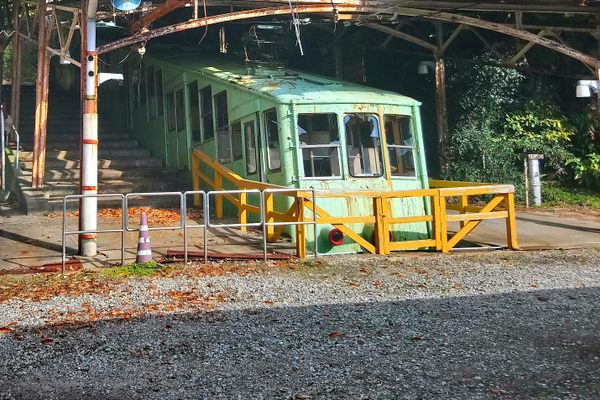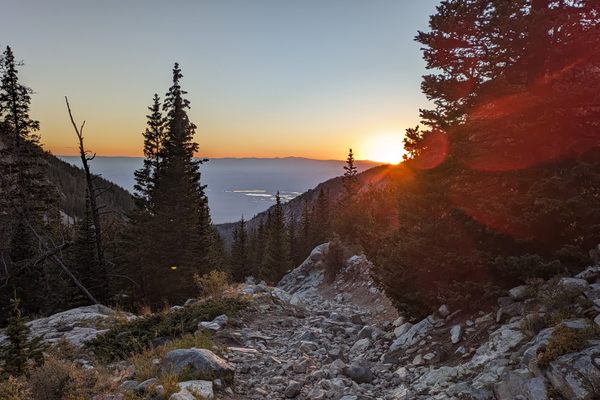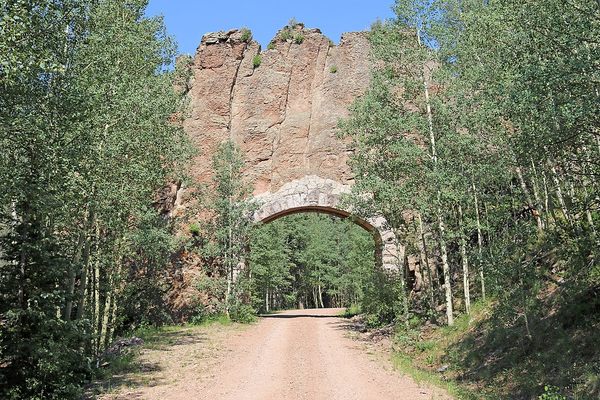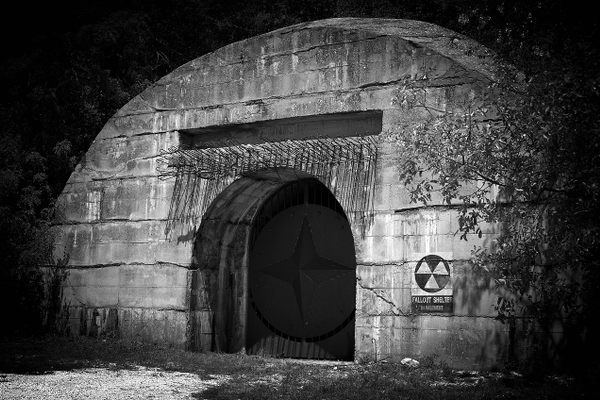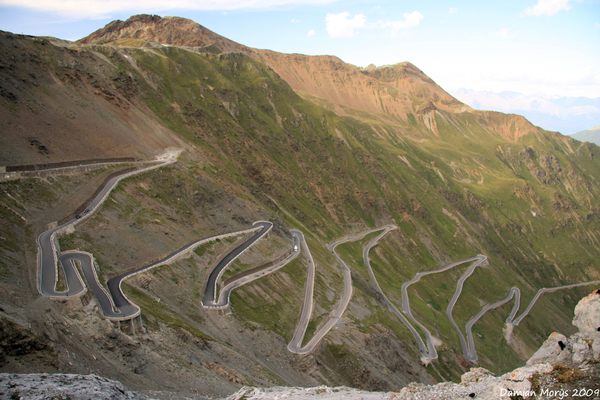About
In Japanese, the word kiridōshi refers to a pass cut out of a hill or mountain, made deliberately narrow in places and sometimes fortified so that it can be easily blocked when attacked by enemy forces. Several of such passes are prominent in Kamakura, the medieval capital of Japan. Closed off by steep hills and the sea, it was a natural fortress, a perfect city for the samurai lords.
By the 17th century, Kamakura had become a popular destination for travelers, and contemporary guidebooks started to refer to the Kamakura Nanakuchi, or the Seven Entrances of Kamakura, a group of kiridōshi located around the city. These passes served as the only entryways to the capital back in the Kamakura period, circa 1185-1333.
The Nanakuchi is made up of Gokurakuji-zaka Kiridoshi, Daibutsu Kiridoshi, Kewaizaka, Kamegayatsu-saka, Kobukurozaka, Asaina Kiridoshi, and Nagoe Kiridoshi. Two of them, Gokurakuji-zaka and Kobukurozaka, have been maintained for modern use, and Daibutsu Kiridoshi is a reconstruction from the 19th century. Otherwise, most of the passes are just the way they were in the Middle Ages.
Moss-covered rocks, trees and undergrowth forming Puzzlewood-like mazes, those who don't know their history might think these trails were formed by nature, but from time to time, there are noticeable traces of ancient cutting.
Related Tags
Know Before You Go
The Seven Entrances are scattered throughout Kamakura. While most of the passes can be found near the historical city center, it takes some time to get to Asaina Kiridoshi, about 2 hours by walk and 20 to 50 minutes by public transport. The coordinates are for the Kewaizaka Kiridoshi, one of the most notable.
Be careful when visiting the kiridoshi because most of them are narrow, slippery with mud, or infested with flies, bees, and vipers at places.
Hidden Japan: Sado Island, Nara & Kyoto
Explore a different side of Japan.
Book NowCommunity Contributors
Added By
Published
April 3, 2020







